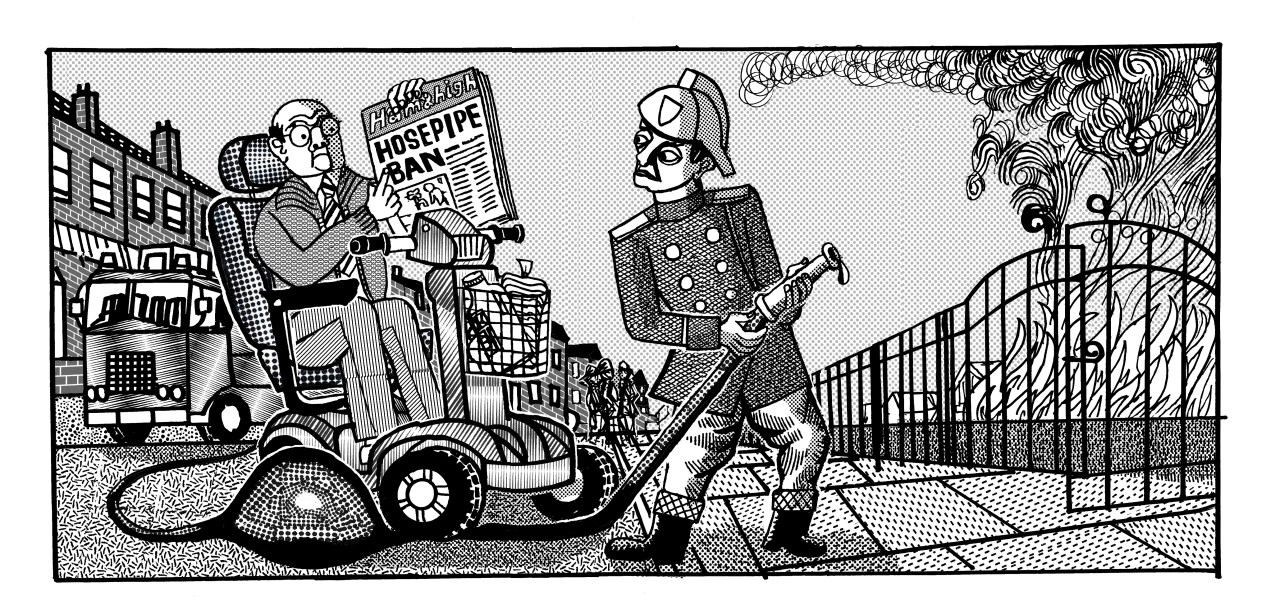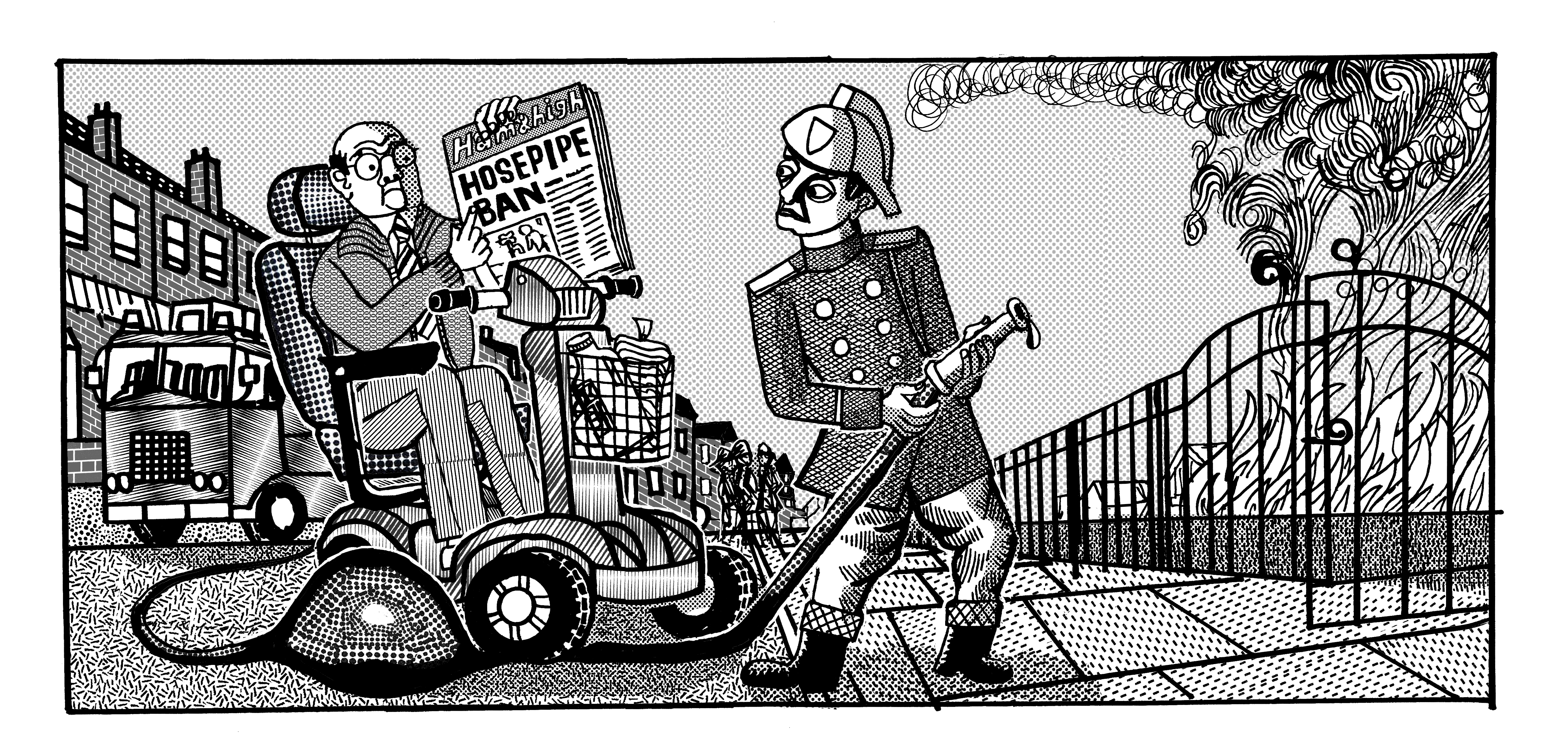England is in the grip of its most widespread drought in 20 years. Water companies are implementing hosepipe bans. Half the country’s potato crop is expected to fail. Photographs of reservoirs show them drained, dry banks open to the sky. Another heatwave is here, bringing little prospect of imminent relief.
Britain hasn’t built a reservoir since 1991. The population has grown. Hot weather has become more frequent. Water use has become more strained. The barriers to actually doing something about it remain in place. Take Layla Moran, Liberal Democrat MP for Oxford West. As late as March, she was doing the media rounds vigorously opposing the construction of a new reservoir in Abingdon; it would be unsightly, the population projections might be wrong, she said. Something needed to be done for ‘our water supply’. Just not this. Her efforts to block it even extended to securing a parliamentary debate.
The end result of this vetocracy is stasis
The most powerful force in British politics is the veto. Britain is a country carefully constructed on a system of checks and balances. Wherever there is a need for economic development, a need for housing, a need for infrastructure, and a risk that this need might overcome local objections in the service of the national interest, there is a check: planning laws; and a balance in the form of judicial review. The end result of this vetocracy is stasis.
People wield these vetoes in the happy expectation that the government will bail them out if they are ever in danger of facing the consequences of their own actions, trucking in bottled water to meet their demand. The Abingdon reservoir’s construction is meant to meet a potential supply shortfall in 2040 of 1.1 billion litres a day. Local residents would instead prefer ‘the transfer of water from other parts of the country’. In other words, they want the benefits of infrastructure, but not the costs.
This isn’t exactly surprising, but it doesn’t mean we should indulge it. Water is heavy and difficult to transport; the longest transfers in England are around 120km from source to tap, and there is no national water grid. Unlike electricity, where everybody can be a Nimby (not-in-my-back-yard) in the confident but inaccurate expectation that there’ll be an offshore wind farm somewhere to pick up the slack, water infrastructure needs to be relatively local.
We’ve known we need new reservoirs for a long time. The 2008 water strategy emphasised the need to ‘speed up the process of planning permissions for reservoir development’. We still haven’t built new sources of supply. Even when the layers of Nimby objections are overcome, there are further layers of vetocracy at Ofwat. When Bristol Water won permission to build a £100m reservoir in 2014, no budget was allocated to its construction in Ofwat’s ‘final determination’. Nothing has been built since, although Ofwat would later list the plan as a possible solution for future water supply.
At times it feels like every problem in Britain is neglected due to the government’s terror that someone, somewhere, will be upset by change. The layers of vetocracy are built in to prevent the headlines that would result. We can’t build housing because of vetoes. We can’t build lab space because of vetoes. Even something as basic and essential as making sure water comes out when we turn on the taps can be vetoed, because we wouldn’t want an unsightly reservoir over the road, or for a village to put up with construction vehicles rumbling by.
If it’s any consolation when you’re freezing this winter, these vetoes have also made sure that our electricity supply is as insecure and strained as it can possibly be. When the Business Secretary granted permission to build one of the world’s largest offshore windfarms – the type of plan meant to shut Nimby objections up – a single man who lives nearby brought a legal challenge complaining that the project would affect the view of the sea. The High Court then quashed the planning permission.
This attitude might just pass muster if nothing else ever changed: no people were born, no people moved to Britain, the climate remained stable, and nobody had any desire to ever be financially better off. But none of these things are true, so instead we end up bursting at the seams with infrastructure built for a population from the past.








Comments